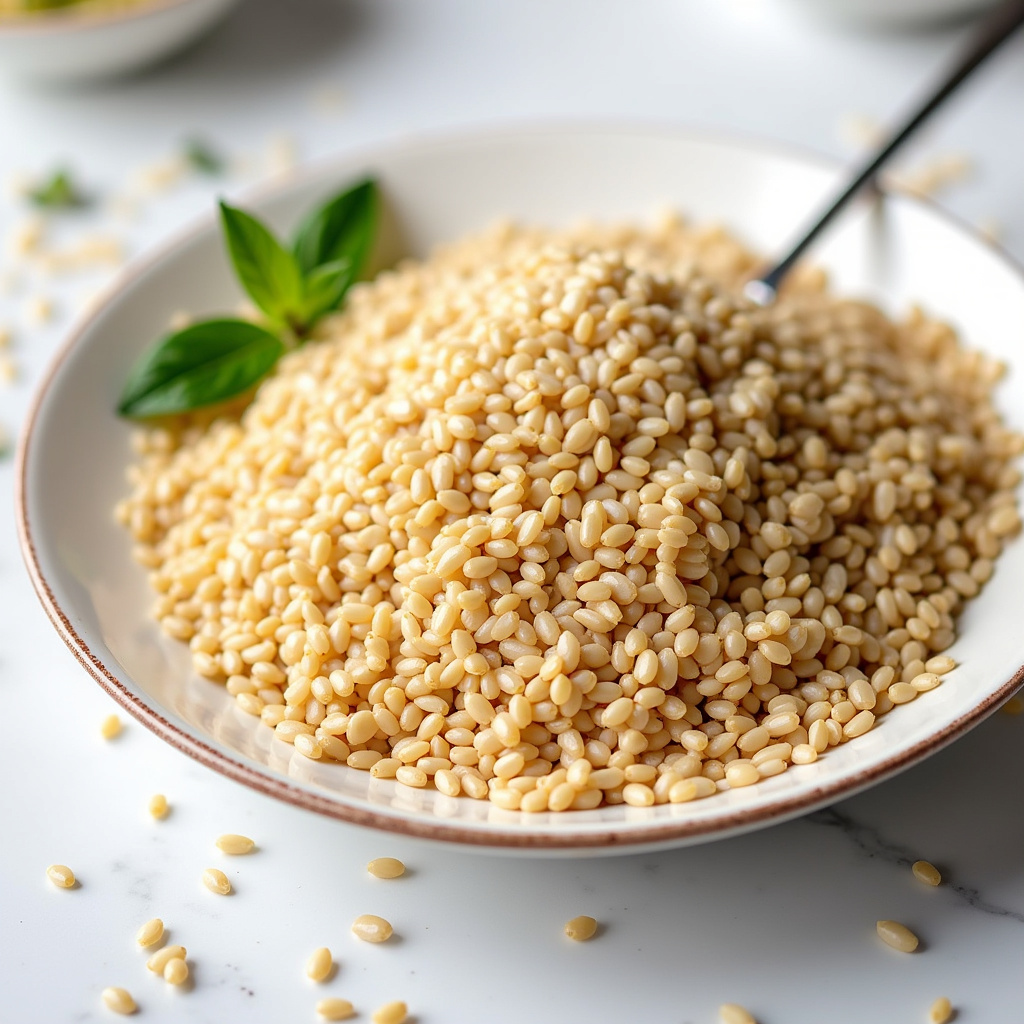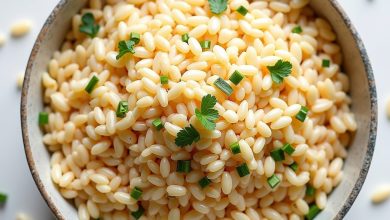Sesame in Your Diet: A Delicious Path to Better Wellness

Introduction
Sesame seeds, tiny yet mighty, have been a staple in various cuisines for centuries. Known for their nutty flavor and crunchy texture, these seeds not only enhance the taste of dishes but also pack a punch in terms of health benefits. Incorporating sesame into your diet can pave the way for improved wellness. This article explores the nutritional profile of sesame seeds, their health benefits, culinary uses, and tips for incorporating them into your daily meals.
Nutritional Profile of Sesame Seeds
Sesame seeds are a powerhouse of nutrients. They are rich in:
- Protein: Sesame seeds contain about 5 grams of protein per tablespoon, making them a good plant-based protein source.
- Healthy Fats: They are high in unsaturated fats, particularly omega-6 fatty acids, which are beneficial for heart health.
- Vitamins and Minerals: Sesame seeds are an excellent source of vitamins B1 (thiamine) and B6 (pyridoxine), along with minerals such as calcium, magnesium, iron, and zinc.
- Antioxidants: They contain antioxidants like sesamol and sesamin, which help combat oxidative stress and inflammation in the body.
Health Benefits of Sesame Seeds
Incorporating sesame seeds into your diet can offer numerous health benefits, including:
1. Heart Health
Sesame seeds are known to lower cholesterol levels and improve heart health due to their high content of unsaturated fats. Studies suggest that regular consumption of sesame can reduce the risk of heart disease.
2. Bone Health
Rich in calcium, magnesium, and phosphorus, sesame seeds can contribute significantly to bone health. These minerals are essential for maintaining bone density and preventing osteoporosis.
3. Anti-Inflammatory Properties
The antioxidants present in sesame seeds help reduce inflammation in the body. This can be particularly beneficial for individuals suffering from conditions like arthritis.
4. Digestive Health
Sesame seeds are an excellent source of dietary fiber, which aids digestion and promotes regular bowel movements. A high-fiber diet can help prevent constipation and support gut health.
Culinary Uses of Sesame Seeds
Sesame seeds are incredibly versatile and can be used in various culinary applications:
- Sprinkle on Salads: Add a handful of toasted sesame seeds to salads for extra crunch and flavor.
- Baking: Use sesame seeds in bread, muffins, or cookies for a nutty taste and added nutrition.
- Stir-fries: Toss sesame seeds into stir-fried vegetables or meats to enhance flavor.
- Hummus and Dips: Blend tahini (a paste made from sesame seeds) into hummus or dips for a creamy texture and rich flavor.
- Granola and Energy Bars: Incorporate sesame seeds into homemade granola or energy bars for a nutritious snack.
How to Incorporate Sesame into Your Daily Diet
Here are some simple tips to help you easily include sesame seeds in your diet:
- Start Your Day: Add sesame seeds to your morning oatmeal or smoothie for a nutritious boost.
- Experiment with Tahini: Use tahini as a dressing for salads or a spread on sandwiches.
- Snack Smart: Choose sesame seed snacks or energy balls for a healthy on-the-go option.
- Try Different Varieties: Experiment with black, white, or toasted sesame seeds to add different flavors and textures to your dishes.
Conclusion
Sesame seeds are not just a tasty addition to your meals; they are a nutritional powerhouse that can significantly enhance your overall health and wellness. With their myriad of health benefits, versatility in the kitchen, and ease of incorporation into your diet, sesame seeds are a delightful path to better wellness. So, why not start including this tiny superfood in your daily meals and experience the benefits for yourself?




